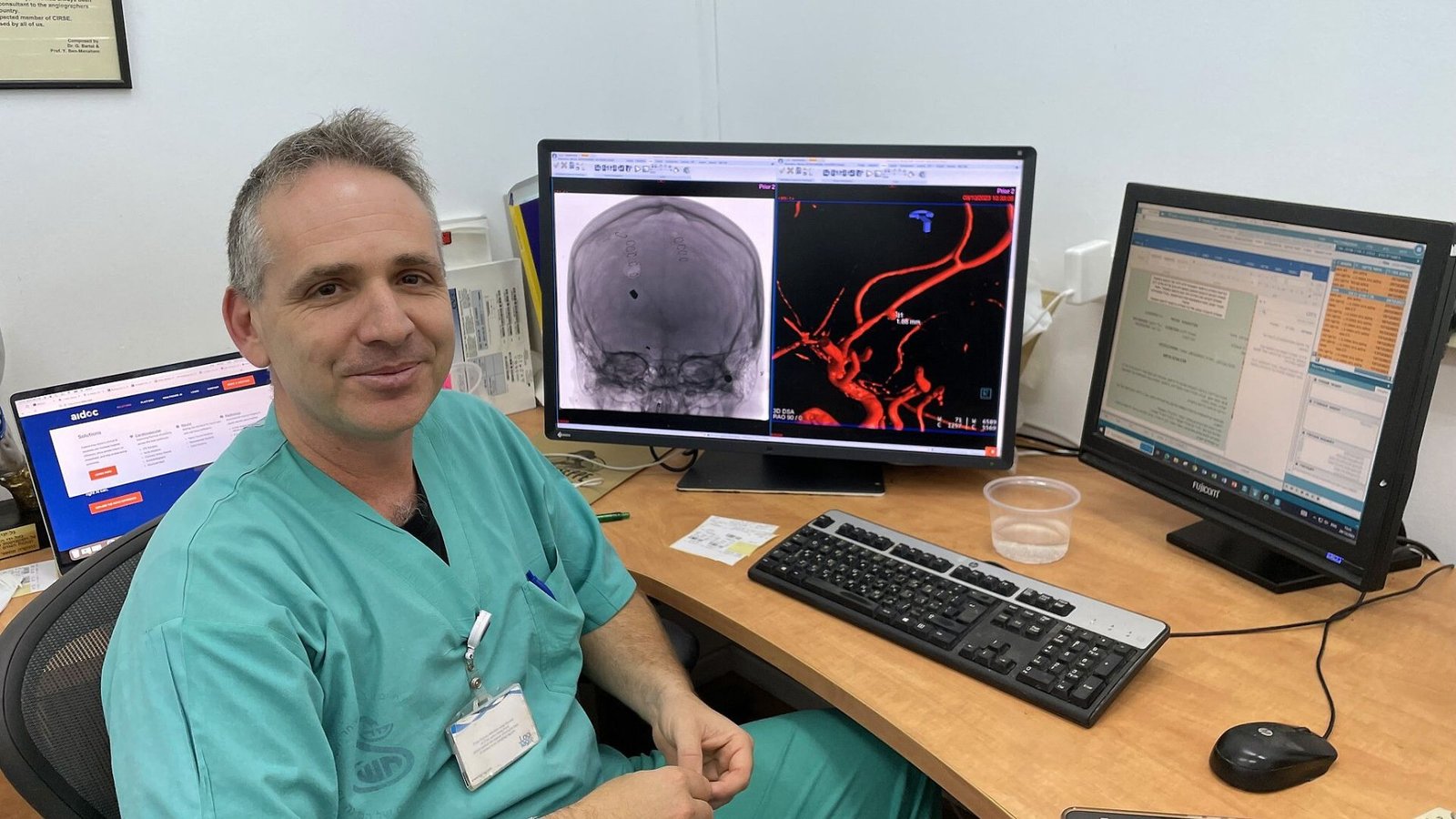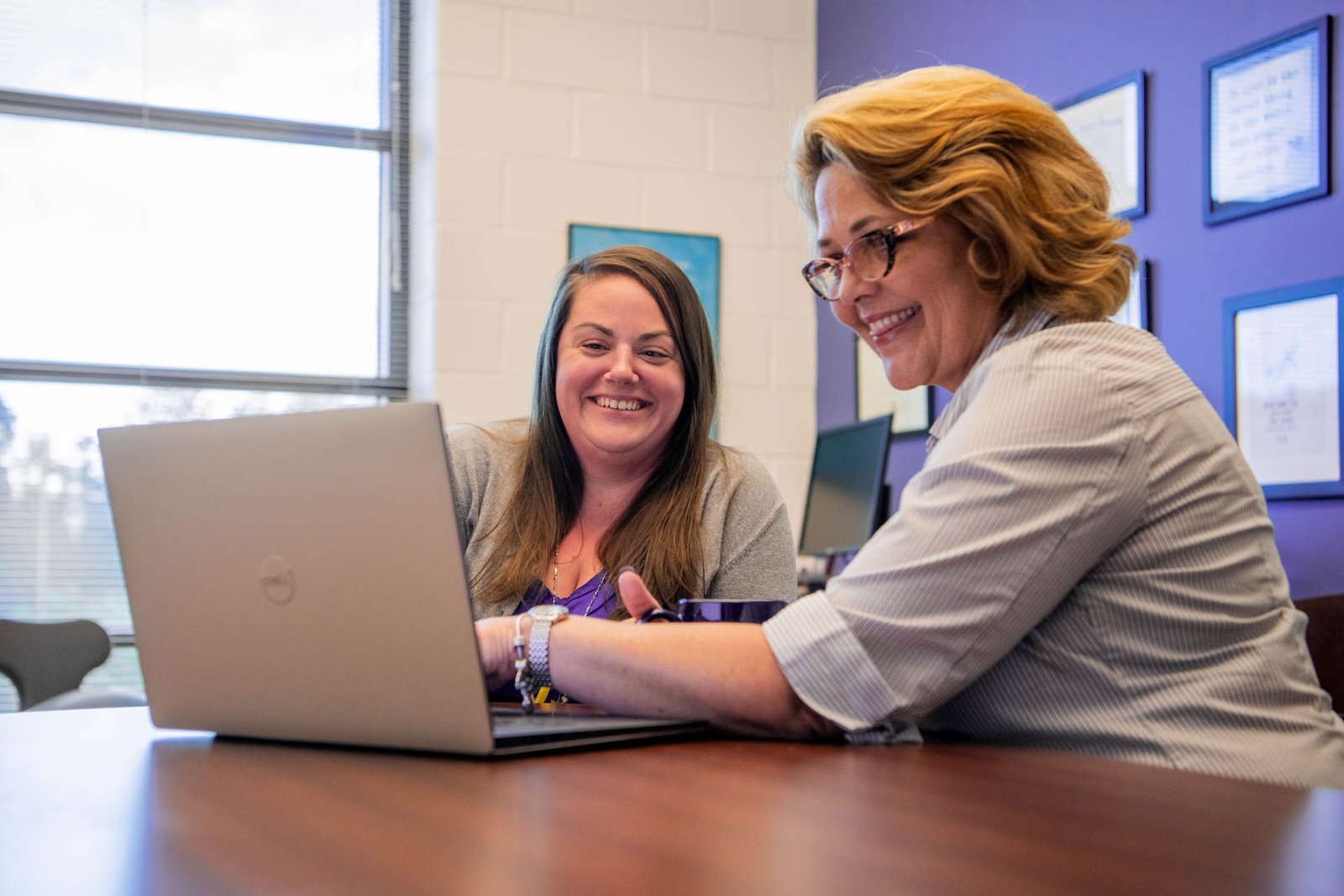Virtual communities are transforming the way Jews connect, learn, and practice their faith. With advancements in digital technology, Jewish individuals and communities worldwide are finding new ways to engage with their traditions and each other. This article explores how virtual communities are influencing modern Jewish life, focusing on their impact on connection, education, social support, and cultural preservation.

Connecting Jewish Communities Globally
Virtual communities have bridged the gap between Jewish individuals and groups across the globe. Online platforms allow Jews from different countries and backgrounds to connect, share experiences, and support one another.
- Global Networking: Social media platforms, online forums, and virtual events create a global network where Jews can interact regardless of their physical location. This connectivity fosters a sense of unity and allows for sharing of diverse perspectives within the Jewish community.
- Virtual Synagogues and Minyans: For those unable to attend in person, virtual synagogues and online minyans offer access to religious services and communal prayer. This technology ensures that members can participate in Jewish rituals and worship from anywhere.
Enhancing Jewish Education
The rise of virtual communities has revolutionized Jewish education by making learning resources more accessible and engaging. Online platforms now offer a range of educational opportunities.
- Online Learning Platforms: Virtual courses, webinars, and digital study materials allow Jews to explore various aspects of their faith, including Torah study, Hebrew language, and Jewish history. These resources cater to learners of all ages and levels, providing flexible options for education.
- Interactive Tools: Digital tools like virtual classrooms and multimedia content enhance the learning experience. Interactive features make it easier for individuals to engage with Jewish texts and teachings in a dynamic and accessible manner.
Supporting Social and Cultural Engagement
Virtual communities also play a key role in supporting social and cultural aspects of Jewish life. They provide platforms for celebration, support, and cultural exchange.
- Virtual Events and Celebrations: Online platforms host virtual events for Jewish holidays, life cycle events, and social gatherings. These events allow individuals to celebrate and connect with others, even when they cannot be physically present.
- Cultural Preservation: Digital media helps preserve and promote Jewish culture through virtual museums, online archives, and cultural exchanges. This technology ensures that Jewish traditions and heritage are documented and shared with future generations.
Addressing Contemporary Issues
Virtual communities provide a space for discussing and addressing contemporary issues facing the Jewish community. Online platforms facilitate dialogue, advocacy, and support on various topics.
- Social Justice and Advocacy: Jewish virtual communities engage in discussions and actions related to social justice and advocacy. Online platforms enable collaboration on causes, raise awareness, and drive social change.
- Mental Health Support: Virtual support groups and counseling services offer assistance to individuals facing mental health challenges. These platforms provide a confidential and supportive environment for seeking help and discussing issues.
Challenges and Considerations
While virtual communities offer numerous benefits, they also present challenges that need to be addressed.
- Digital Divide: Not everyone has equal access to digital technology, which can create disparities in participation. Efforts must be made to ensure that virtual communities are inclusive and accessible to all members.
- Privacy and Security: Online platforms raise concerns about privacy and security, particularly regarding personal information. It is essential to implement measures to protect users’ data and ensure safe online interactions.
- Balancing Tradition and Innovation: Integrating virtual tools with traditional Jewish practices requires careful consideration. It is important to ensure that digital practices align with the values and customs of the Jewish community.
Conclusion
Virtual communities are reshaping modern Jewish life by connecting people globally, enhancing education, supporting cultural and social activities, and addressing contemporary issues. While they provide valuable opportunities for engagement and growth, it is crucial to address challenges related to access, privacy, and tradition. As technology continues to evolve, virtual communities will play an increasingly important role in shaping the future of Jewish life and maintaining a sense of connection and continuity.




